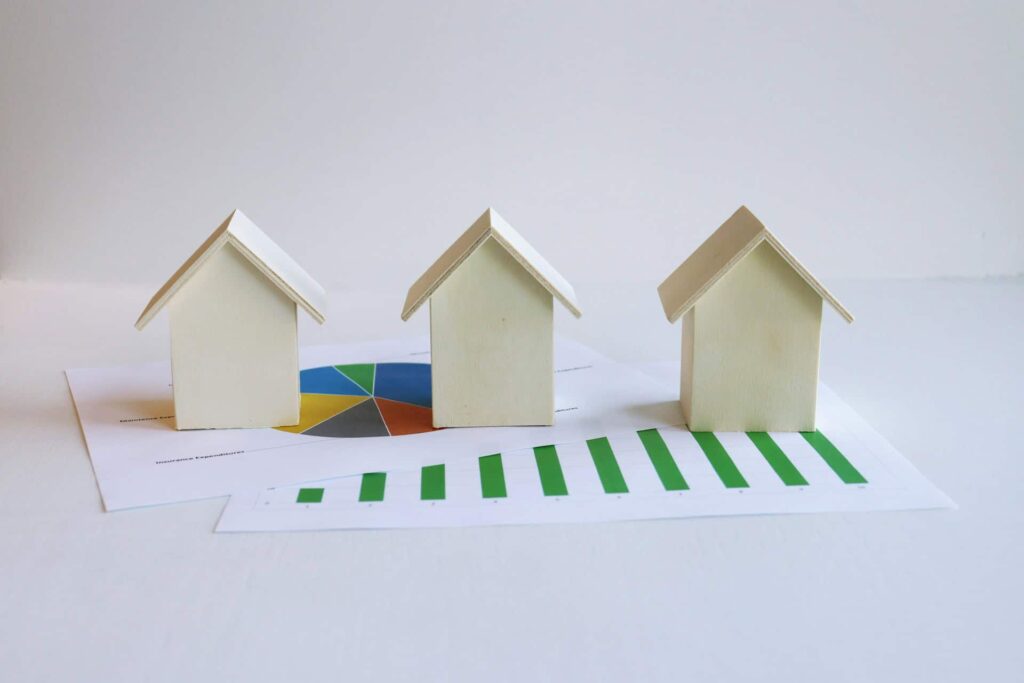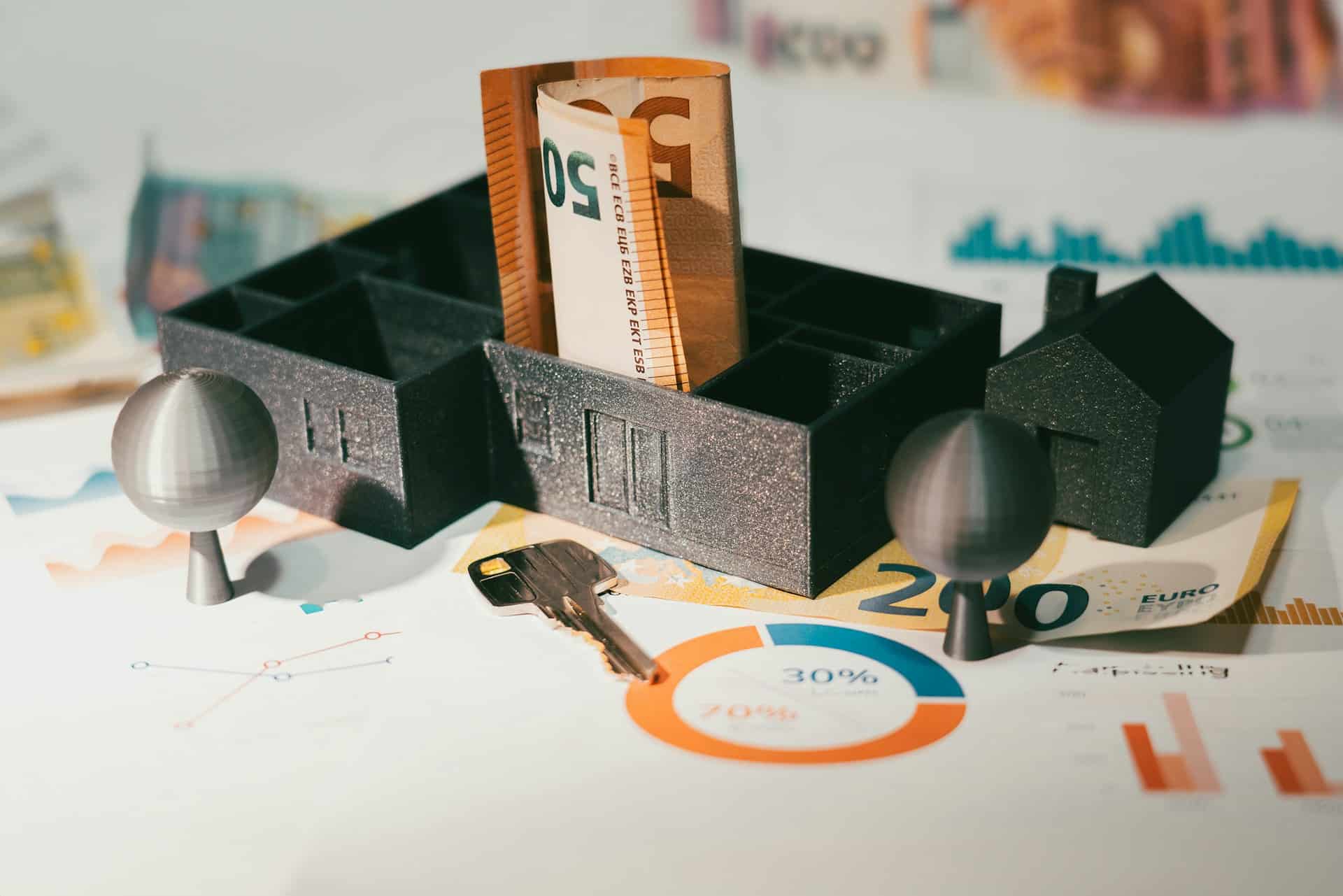When it comes to property and ownership of assets financial terms majorly relating to real estates come to the floer. There is one term that can be heard quite often in conversations about property ownership and that is an “unencumbered mortgage”. But what does it actually encompass and what is actually implies, and why does it matter? In this article, we are going to focus on the unencumbered mortgage learning both its advantages and disadvantages as well as tips for your property investment. Whether you own a property, invest in real estates or you just learned about the basics of Mortgages, knowing about unencumbered Mortgage is crucial for getting the best of your real estate.
What is Unencumbered Mortgage?
The word ‘unencumbered’ literally means that something is without debt for it is also used to mean something burdened legally. The legal definition of an unencumbered mortgage in real estate is one which the property still has no mortgage or any form of lien that is attached on it. In fact, it is an ownership of the property and there is no burden of the payer on any lender.
Key Features of Unencumbered Mortgage
- Full Ownership: The homeowner has no legal interest in the property other than full legal ownership of the house.
- No Debt Obligations: At the moment, there are no any loans, encumbrances or other financial obligations on the property.
- Increased Flexibility: The property can be sold, leased or-mortgaged without seeking for permission from the financier.
For instance, if you have cleared your home loan liability, you own an unencumbered property where you have flexibility in how do you want to utilizes or manage the property.
The Differences Between Encumbered And Unencumbered Properties
It is, therefore, vital in analyzing own position or the property’s worth, to understand encumbrance of a property.
| Feature | Encumbered Property | Unencumbered Property |
| Definition | Property with legal or financial claims, such as mortgages, liens, or easements. | Property free from any financial liabilities or legal claims. |
| Ownership Control | Limited due to outstanding debts or third-party rights. | Full ownership and control by the owner. |
| Sale ability | May require resolving encumbrances before selling. | Easier to sell as no restrictions exist. |
| Loan Eligibility | Commonly used as collateral for loans. | Can also be used as collateral but offers more flexibility. |
| Examples | Mortgaged houses, properties with tax liens. | Fully paid houses, properties with no liens or mortgages. |
| Risk of Foreclosure | Higher, as creditors can claim the property in case of default. | No risk of foreclosure related to external claims. |
| Market Perception | May be seen as less attractive to buyers. | Viewed as more valuable and desirable. |
Example: Think of a situation where you have one house which you are paying through a mortgage and another house where mortgage has already been paid off. The property with the mortgage is charged while the other is free from the charge. This difference has a great bearing on how you can use or sell these assets in one way or another.
Advantages associated with having or owning an unencumbered property
In many ways, owners of an unconditional property are winners, both in terms of profit and convenience.
1. Full ownership and peace of mind.
This is however filling full ownership which whose benefits include a sense of security. Since you’re not paying for a mortgage, you do not need to worry about monthly installments or the possibility of your home being repossessed.
2. The problems can become closely connected with flexibility in the financial decisions.
An unencumbered property gives you the freedom to:
- Refinancing your home means that you can sell the property without the approval of the lender.
- Another way of using it is to pledge it with financial institutions for new loan otherwise known as pledged fixed assets.
Let others rent or lease it regardless of the type of use for which they will be putting it to.
3. Improved Marketability
This is mainly because unencumbered properties are those that have no financial strings attached to them. This means that for sale products, there could be quicker sale and also potential for better offer.
4. Better Estate Planning
To transfer an unfettered property, it is easy for your loved ones, and this means less family strain on complicated issues of debts.

Pros or Cons to Look At
On the same note while unencumbered property seems to have its benefits there are also few drawbacks which should be put into consideration.
1. Risk of Asset Seizure
A property without an encumbrance could be considered by the credit providers as valuable security in case the borrower encounters some financial problems. Without a mortgage, it’s less protected from claims or lawsuits.
2. Lost Financial Prospect
A fully paid-up property may also be considered a constraint because of the amount of cash it may free up for other use. Some homeowners may wish to reinvest that money into other enterprise and as such would prefer not to tie up their funds into real estate.
3. Potential Tax Implications
It depends on your jurisdiction, but in many cases owning an unencumbered property would have some tax consequences, like higher estate taxes. To navigate such complexities, it is imperative one consults with a financial advisor.
Mortgage Transition from Encumbered to Unencumbered
If your goal is to fully own your property, here are some strategies to pay off your mortgage faster and achieve an unencumbered status:
1. Make Extra Payments
Making even small changes to simply your regular mortgage payment, long can eliminate substantial principal quantities and cut down the financing term.
2. Whether it’s a method to refinance for lower interest rates on an existing loan …
Refinancing could mean that you will have funds free to put toward principal paydown.
3. Utilize Lump Sum Payments
If you have bonuses, tax refunds, or savings, use them to pour into your mortgage balance in lump sum payments.
4. Set up a Bi Weekly Payment Schedule.
Instead of switching to monthly payments, which would cause the loan term to increase, the easiest and most efficient change, is switching to biweekly payments (one extra payment per year) and decreasing the loan term.
5. Money for Aggressive Plans for Payoffs
Get rid of any excess spending and allocate those money back to your mortgage payoff strategy.
Unencumbered Properties Common Uses
Unencumbered properties offer numerous opportunities for financial growth and planning:
1. Collateral for Loans
The collateral to a loan for a business venture or a personal project can be an unencumbered property.
2. Rental Income
The passive income with the advantage of having no mortgage payments is by leasing an unencumbered property.
3. Estate Planning
When properties are unencumbered, they are ideal to transfer wealth to future generations, since it simplifies the process of inheritance.
4. Investment Leverage
Using unencumbered mortgage provides an opportunity to fund purchases of further properties or other investments.

Expert Insights and Tips
Here are some expert tips to maximize the benefits of owning an unencumbered property:
Consult a Financial Advisor: Don’t use an unencumbered mortgage as collateral or reinvest without professionally assessing the risks and returns.
Maintain Proper Documentation: Always keep clear records of your property’s unencumbered status so you don’t end up in a dispute or waste time trying to close a transaction.
Diversify Investments: Do not over rely and build your growth on real estate, look for other asset classes for balanced growth.
Conclusion
Unencumbered mortgage means making a great leap in property ownership and bringing financial independence and flexibility. If you want to finish paying off your current mortgage or you’re looking to multiply the value of what you might currently be unencumbered, make sure you understand the nature of this concept as much as possible to make the most educated decision. Of course there are things to consider, but the positives outweigh the negatives, and unencumbered properties are a great financial tool.
Consulting a financial expert and starting to plan today is the right move to get you on the path to unencumbered property ownership if you’re ready. You have what it takes to achieve your own financial independence and real estate goals.
Frequently Asked Questions
What is an Unencumbered Loan?
A loan that is unencumbered is a collateral or security free loan. Real estate also has been used in the same way — an instance where the borrower owns the property free and clear and there are no prior mortgages or liens on the property. A loan of this kind gives a borrower more freedom since the property is not burdened by financial obligations.
What is an Example of an Unencumbered Property?
An unencumbered property means a property that belongs to somebody without any claims of money on it. For instance, if one has paid off the mortgage and there are no liens or other legal claims on the property is equal with being an unencumbered property. One other example could be a property purchased out-and-out in cash, where no financing occurred.
What is the Interest Rate on an Unencumbered Mortgage?
On the other hand, mortgages for lands not mortgaged to have interest rates which differ depending on the reason for obtaining the loan and the borrower’s financial status. One example, is if you’re borrowing money off of an unencumbered property as collateral, lenders can provide you with a lower interest, as the property now has less risk involved. Specific rates are however subject to market conditions and lender policies. Comparing loan offers means you will get the best deal.
What is Unencumbered?
To unencumbered is said of something which is free from burthens, restrictions, and obligations. In real estate, they’re properties or assets that are debt free: not tied to debts like mortgages or liens. An unencumbered property is that in which the property owner has full ownership rights without interference by lenders or creditors.
What is the Unencumbered Rule?
In everyday language, unencumbered rule usually means regulations or guidelines applied in real estate or finance that define an item’s status and management, without hurdles. As a specific example, jurisdictions and financial institutions may have rules about lovable use of properties which are not encumbered as collateral for loans. The specifics vary in terms of when, where, and under what sort of legal and financial circumstances this rule comes into place.
What is the Meaning of Encumbered Mortgage?
An encumbered mortgage is the term for a mortgage where the property is encumbered by a mortgage, lien, or similar claim. Until these financial obligations are resolved the property owner does not have complete ownership. Unpaid taxes or legal disputes can encumber the property, and therefore limit an owner’s ability to sell or refinance the property.
Read more about Step-by-Step Guide: How to Put House with Mortgage in Trust
